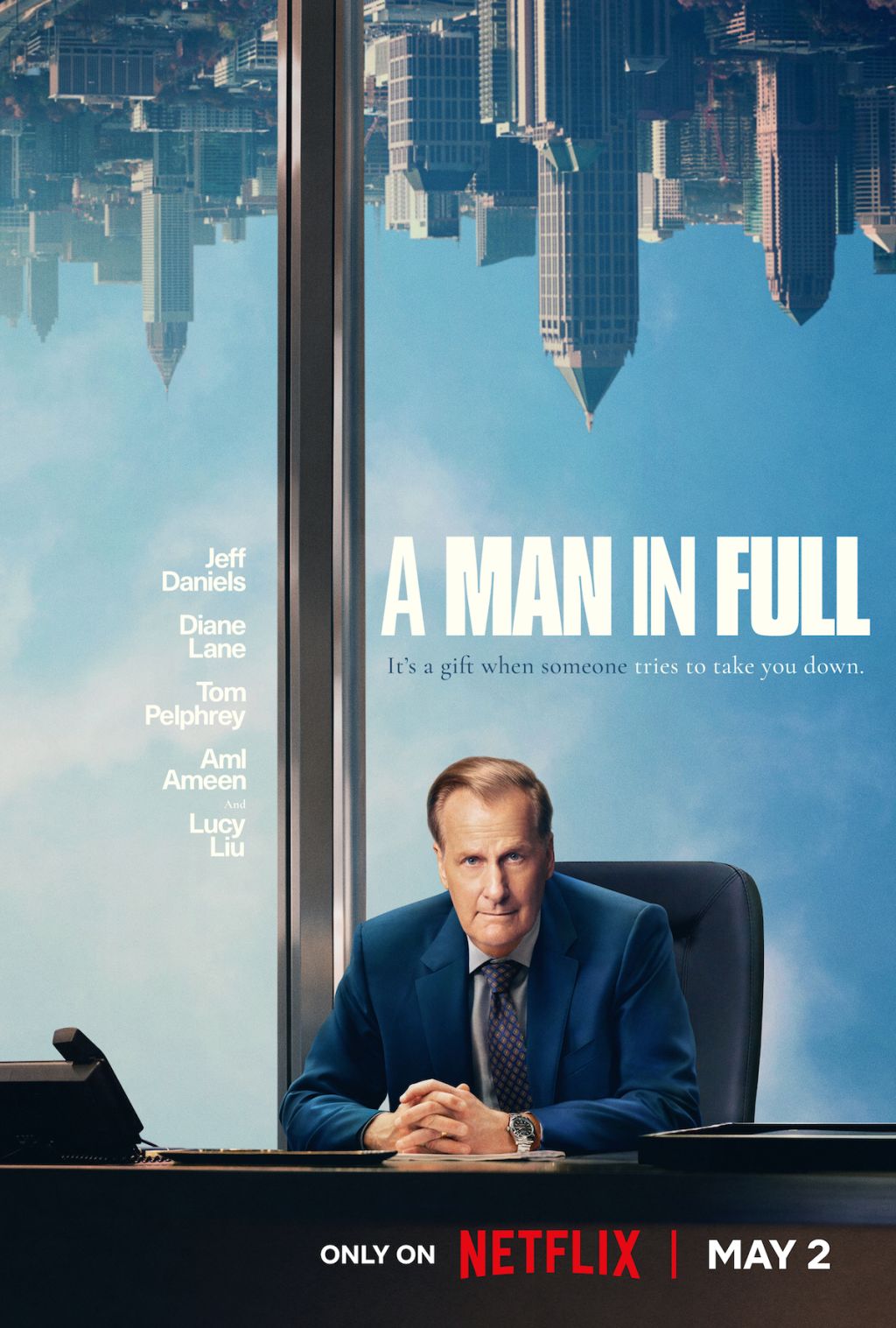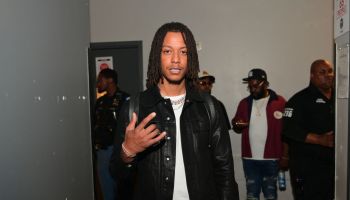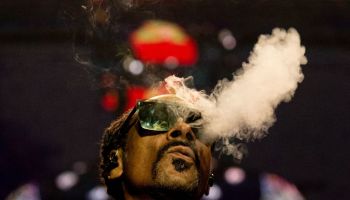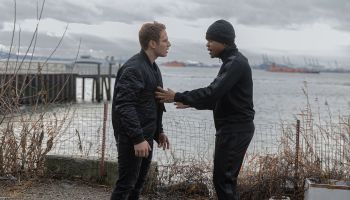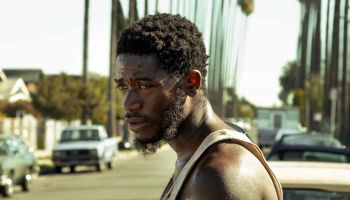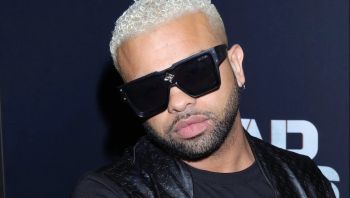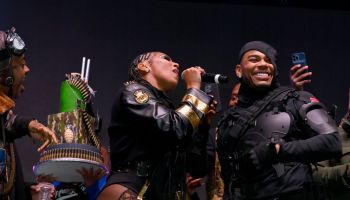With Fruitvale Station gearing up to be the most important film of the year, we’re willing to bet you didn’t think it was written and directed by a 27-year-old or that it was his first feature film.
He’s pretty shocked as well! Ryan Coogler was just finishing up his graduate degree at USC when the opportunity to sit down with executives from Forest Whitaker’s production company, Significant Productions, fell into his lap. Coogler, who had initially planned to discuss plots of TV shows, had never imagined that opportunity would carry him here, touring around the country to promote this thought provoking drama.
Fruitvale Station is the story of a young man’s last day on earth; Oscar Grant was just 22 years old when he was fatally shot by a police officer at a California train station. The officer claims the shooting was an accident and maintains that he was reaching for his taser – not his gun. He served just 11 months in prison for the incident. Fruitvale Station is Oscar’s story. It centers on him as a human, rather than as a court case.
“I hope that people that see the film can connect with Oscar and see the things that they have in common with the character and maybe see the relationships that he had and the relationships that they have, regardless of their backgrounds,” Coogler said.
We caught up with Ryan to discuss everything from the film’s production, to his rough past, to Bay Area slang!
Check it out.
GlobalGrind: This is your first major film, was it intimidating to work with an award winning actress like Octavia Spencer? How did you overcome that?
Ryan Coogler: Yeah, absolutely. The whole process was intimidating. Octavia made it very easy.
Octavia put me very much at ease and she made it very easy for me, but the anxiety is obviously there. It’s my first time making a feature film and that stuff was in the back of my mind. The way that I would conquer that was to let all of it go and focus on the tasks at hand. There was so much work to do that I could kind of lose myself in the work, so that I didn’t go into my own head.
In a previous interview, you said that you had lost a lot of friends to similar acts of violence. Did that play into your decision to make the film and did you use them as fuel to succeed?
Absolutely. I’ve seen a lot of friends die young and get incarcerated at a young age and deal with a lot of the things Oscar was dealing with at the time and what his family dealt with while he was gone, so that absolutely influenced me and gave added fuel to making this film. I hope to give people the same insight that I have from living through some of this stuff.
How does it feel to have come from such a difficult place and be where you are now?
I’m still in the Bay, but to have made this film and have had the experience of traveling around with it and to have seen people connect with it from different environments has been completely moving. It’s been the most amazing experience and I’m honored by it, because I never imagined it to happen this way. You make a film and – for us it was just a miracle in getting it made and seeing it get finished – and it was a miracle in getting it into Sundance and it was an additional miracle to get distribution. So overtime it plays and everytime someone sees it, whether they love it or they hate it, I feel like it’s a great accomplishment.
How did you string together Oscar’s last day and how much was fabricated?
Every decision made to put in the film was based on research. The majority of his day was well accounted for; he spent the majority of his day around other people. I was fortunate in that regard that there wasn’t really a day that he spent by himself or a day where he kind of wandered aimlessly. It was a very domestic day for him and therefore he was around a lot of people that are still left behind today to say what happened. It helped because he talked to Sophina about what had happened.
So you met his family and got to talk to them. How did that fuel you making the film? Did you meet them before or after production?
I met them after I had started to write the script and after Forest Whitaker’s production company gave me approval. I pitched them on myself – It wasn’t really pitching myself as much as explaining my intentions for making the film and that it wasn’t for financial gain for myself or career gain for myself, really I just wanted to tell the story and create awareness for the story and I thought that telling it could maybe offer some insight or make it so that these things don’t happen so frequently. Once they had signed on with Significant Productions, I was given access to them to interview.
The Bay Area is known for their slang, can you put us down on five important slang words from The Bay?
“Hella,” that’s like a lot of. People from the Bay will say “Brah” quite a bit. It’s basically a term of endearment. “The town” is slang for Oakland. This is a controversial one, people in the East Bay and the Inner City areas say ‘Frisco, but a lot of yuppies in ‘Frisco won’t say that. We call parties functions.
For more with Ryan Coogler, check out our video interview.
Fruitvale Station is in theaters now. Watch and find out what all the buzz is about!
Photo credit: Wenn.
